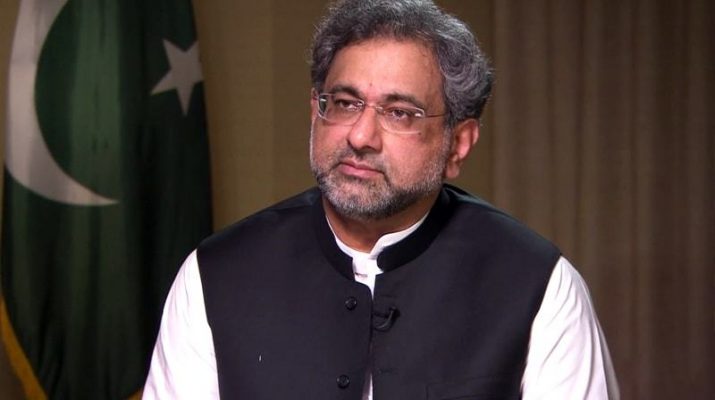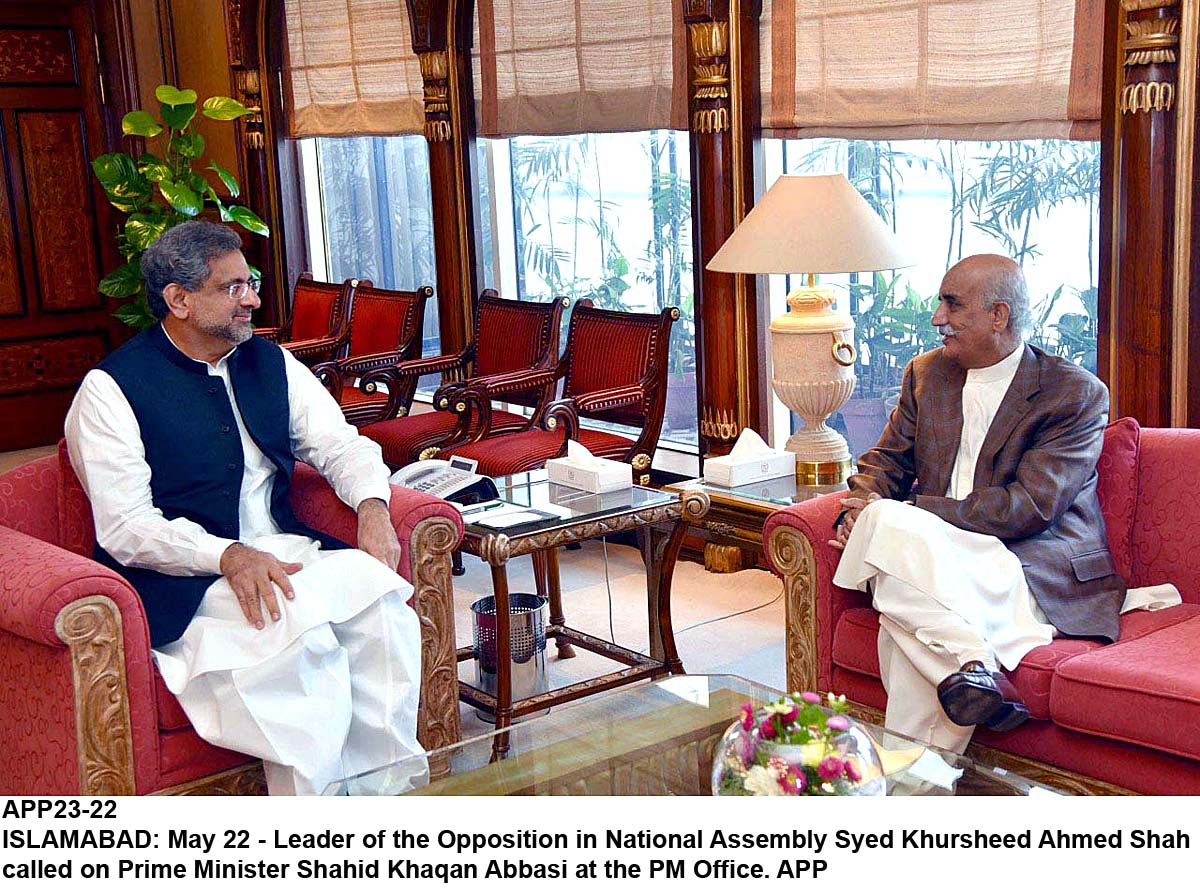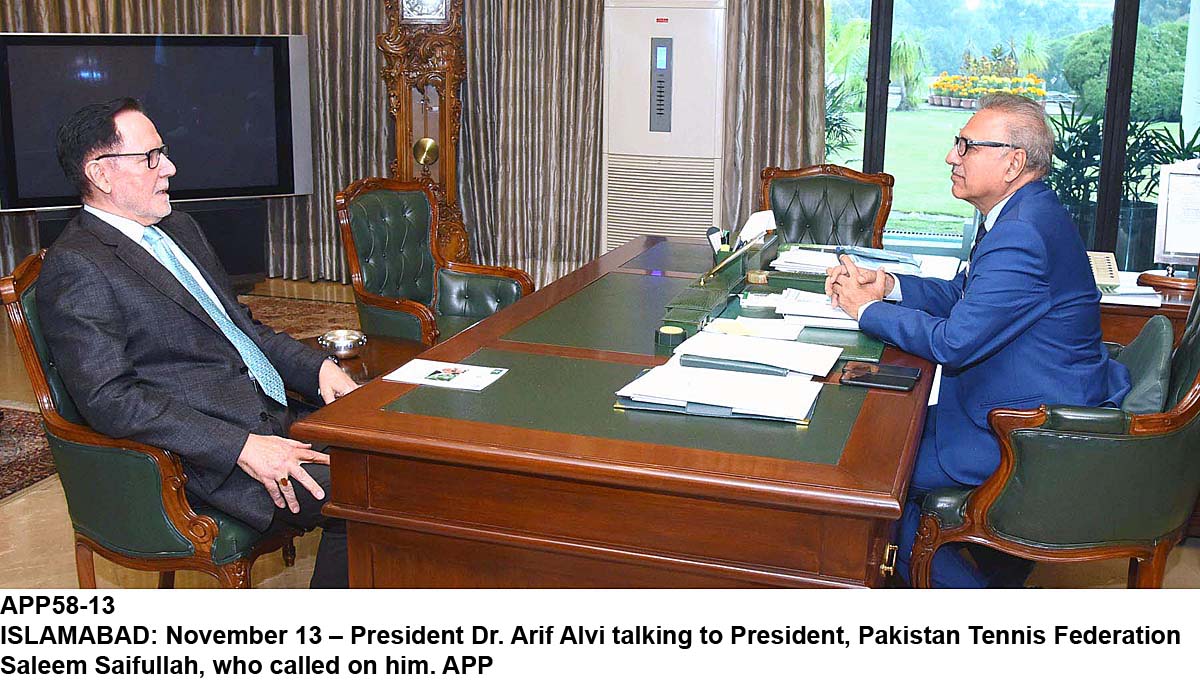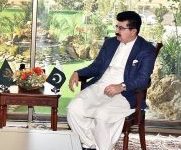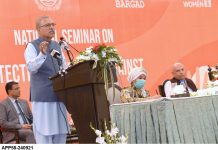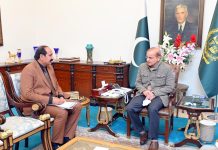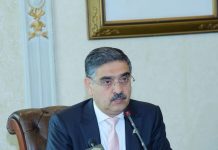ISLAMABAD: The National Assembly Standing Committee on Cabinet Secretariat, held a discussion on whether a lack of Arabic proficiency in Pakistani students could be a factor behind the prevalence of terrorism in the country.
The committee was debating the Compulsory Education of Arabic Bill 2015, moved by MNA Naeema Kishwar Khan. Debate on the legislation began even though the mover of the bill was not in attendance.
Pakistan Muslim League-Nawaz (PML-N) National Assembly Member (MNA) Parveen Masood Bhatti expressed support for the bill, saying terrorism was increasing because students were not studying Arabic.
“We have started focusing on the English language, and parents put their children in English-medium schools and do not bother teaching their children the Arabic language. It is because of this attitude that terrorism is increasing,” she claimed.
Muttahida Qaumi Movement (MQM) MNA Syed Ali Raza Abidi refuted the idea, pointing out that even people who spoke Arabic could be terrorists and spread terrorism.
Pakistan Tehreek-i-Insaf (PTI) member Nafeesa Khattak supported the bill, noting that the introduction of Arabic as a compulsory language from “the start of education” would allow children to learn and understand the Quran and help a large number of people get jobs.
Committee chairman Rana Mohammad Hayat Khan responded that the inclusion of Arabic would not increase job opportunities, paraphrasing Allama Iqbal by remarking that those who study Arabic would only get jobs selling oil.
“Students who are serious about studying the Quran, they go to mosques early in the morning and after that they go to school,” he added.
PTI leader Asad Umer in turn argued that the language of the Quran and its translation should be taught to students, claiming that “85pc of mosques in the federal capital are run by those who do not preach what is mentioned in the Quran”.
Capital Administration Ministry (CADD) Secretary Nargis Ghalo mentioned that her ministry had decided to oppose the bill, adding that there were not enough teachers to teach Arabic as a compulsory subject.
“In provinces such as Sindh, where local languages are also taught, the inclusion of Arabic as a compulsory subject will put an extra burden on the children,” she added. “Arabic is introduced from the sixth standard as an elective subject, but it is observed that the majority of students do not opt.”
MNA Abidi further suggested that the opinion of the Wafaqul Madaris should be sought, however the committee charman instead directed the CADD ministry to bring concrete suggestions for the bill, or it would be finalised according to the committee members’ opinions.





